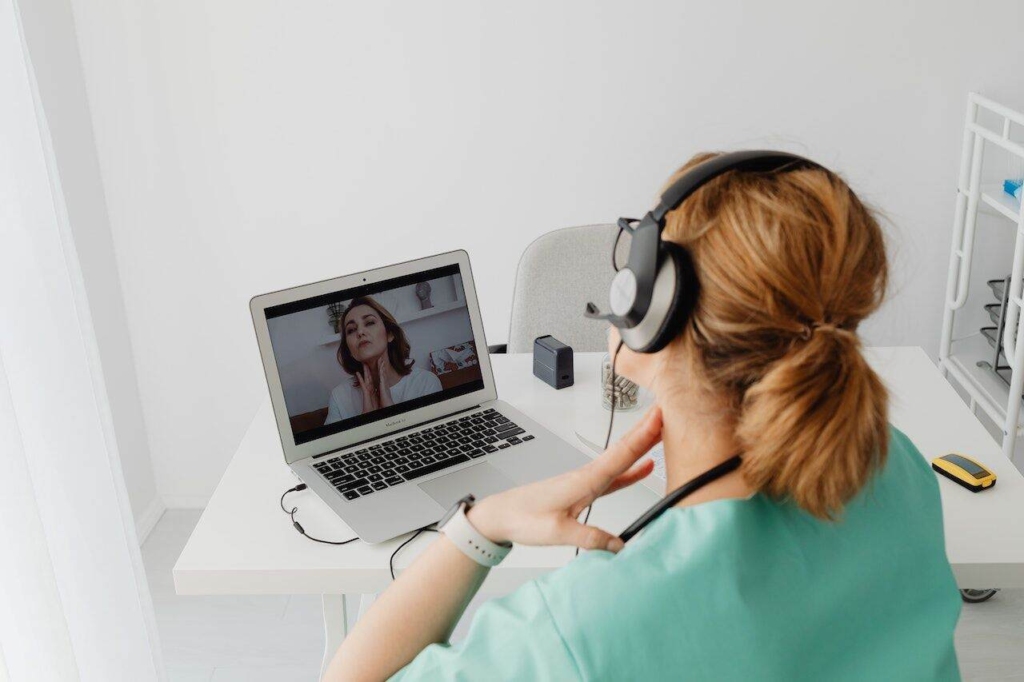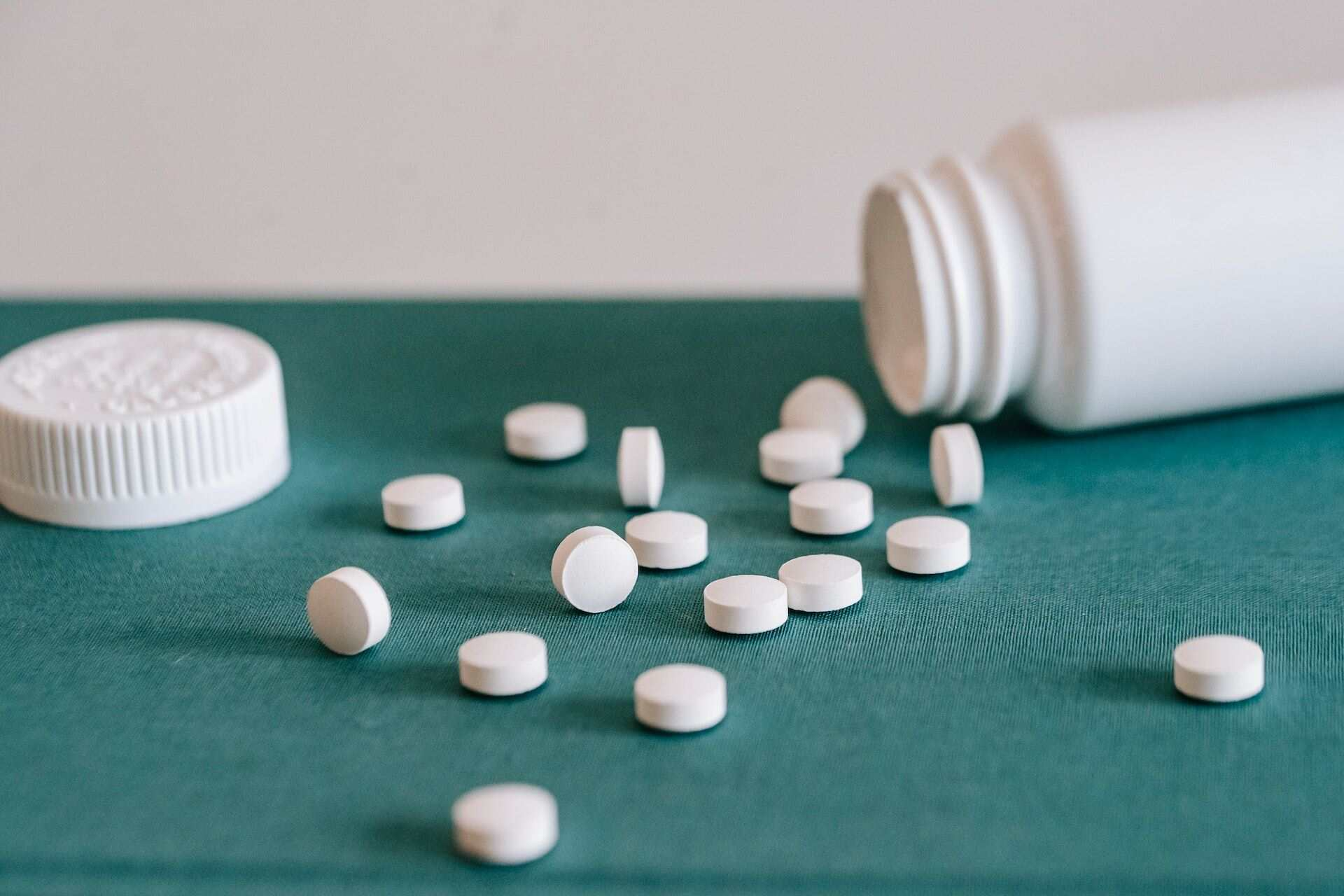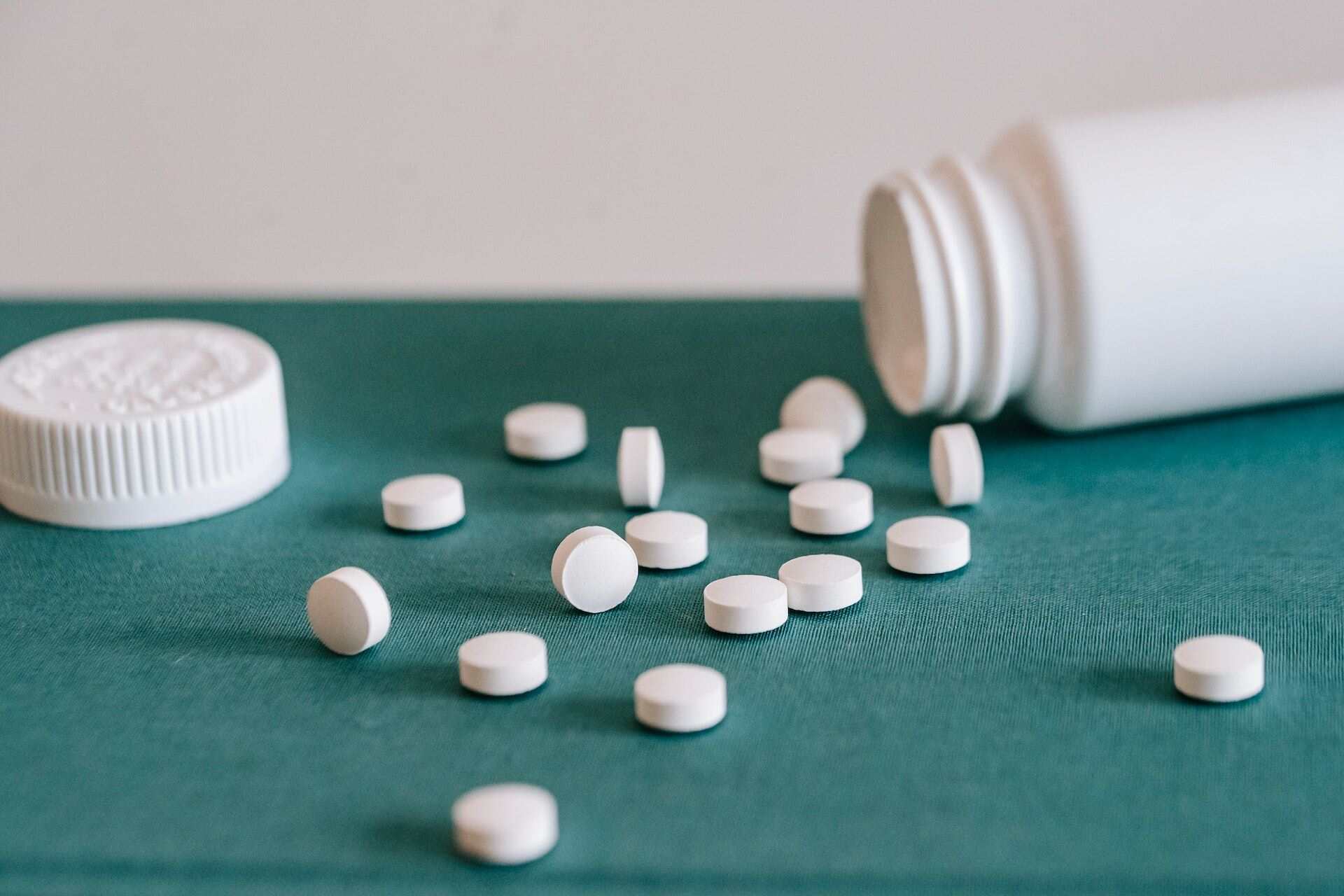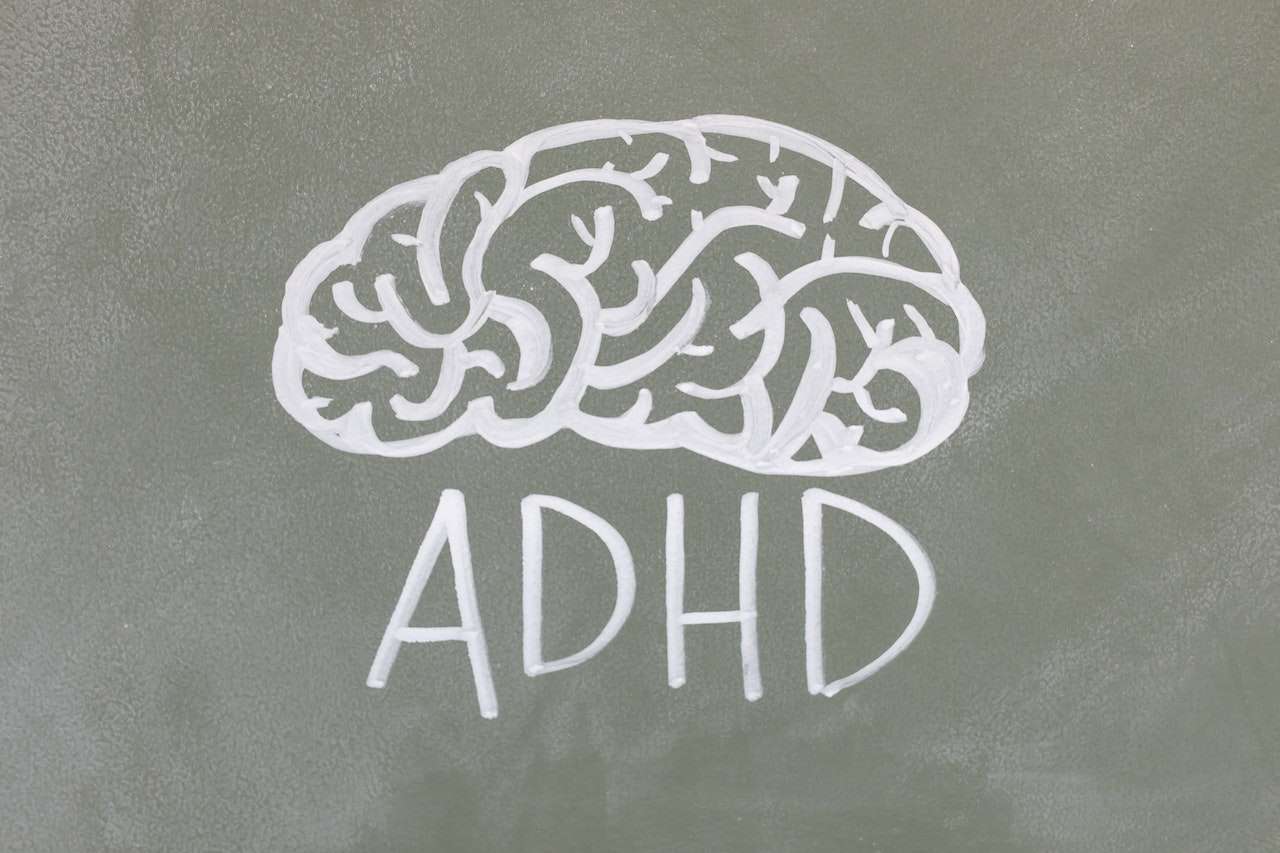
A comprehensive assessment is the initial stage in mental health management.
Assessment and psychiatric evaluation are essential parts of outpatient mental health care. A thorough evaluation can assist in determining the patient’s particular mental health needs and in creating a personalized treatment plan.
A clinical interview with a qualified mental health practitioner serves as the initial stage in a psychiatric evaluation. The patient will be questioned by the clinician regarding their present symptoms, medical and mental history, and any previous drugs or therapies they may have received. They could inquire about the patient’s social and family backgrounds as well as any drug usage or misuse.
To learn more about the patient’s mental health status, the clinician may also employ evaluation tools like questionnaires or psychological exams. Specific diagnoses or symptoms that might not be obvious from the clinical interview alone can be identified with the aid of these assessments.

To rule out any underlying medical disorders that might be contributing to the patient’s mental health symptoms, the evaluation may also include lab tests.
The clinician will utilize the data acquired to create a personalized treatment plan for the patient. Psychotherapy, pharmaceutical management, or a combination of the two may be involved in this.
To track the patient’s development and make any required modifications to the treatment plan, it is crucial to schedule regular follow-up appointments with the doctor. In order to monitor the patient’s mental health and modify the treatment plan as necessary, the provider may additionally use further assessments.
To sum up, psychiatric assessment and evaluation are essential parts of outpatient mental health care. A thorough evaluation can assist in determining the patient’s particular mental health needs and in creating a personalized treatment plan. To track development and make any required modifications to the treatment plan, it is crucial to schedule regular follow-up appointments with the doctor.























